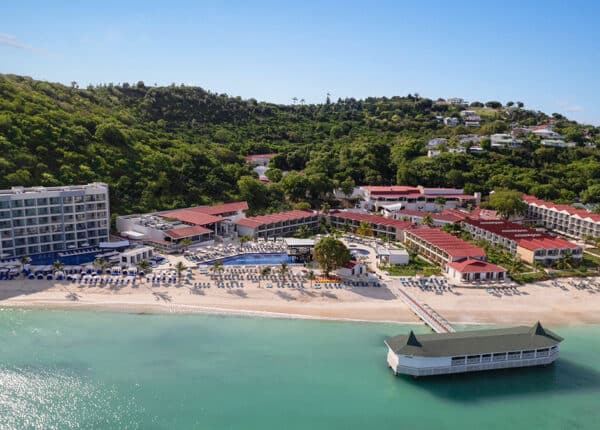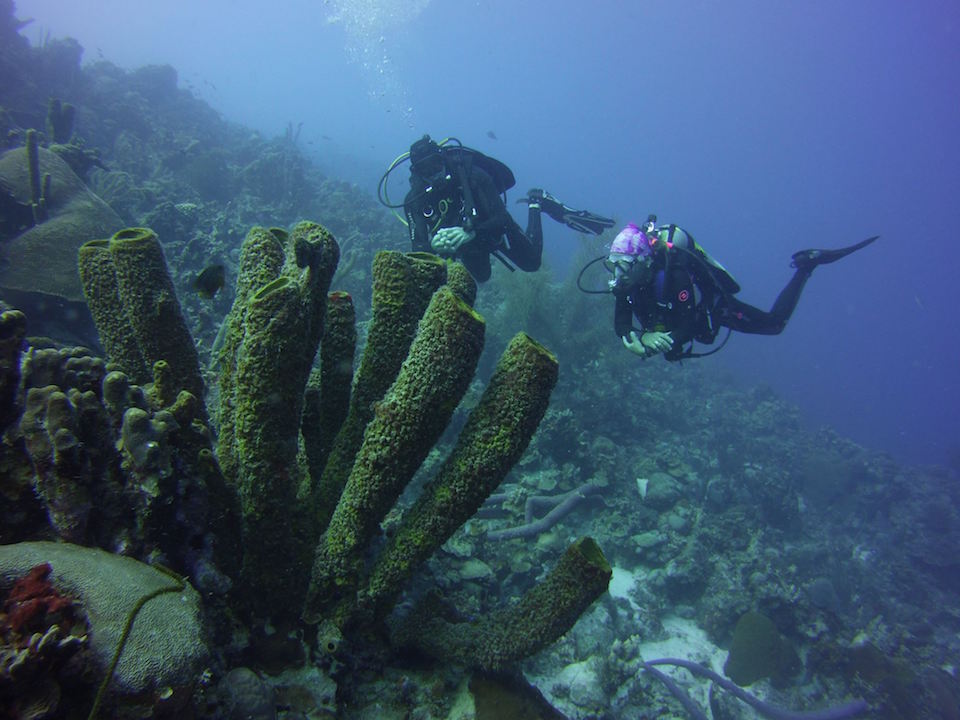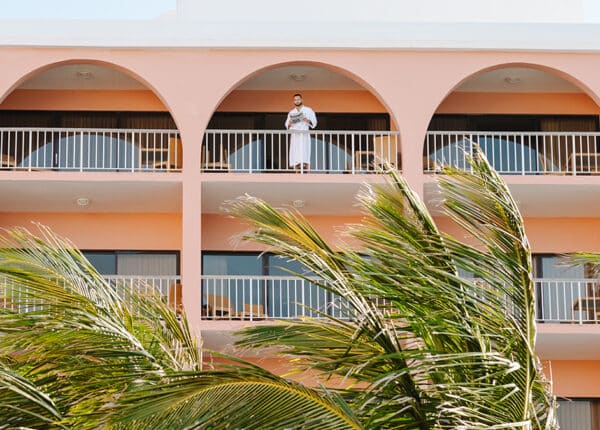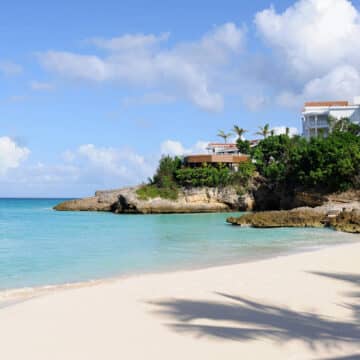Why the Nature Conservancy launched Caribbean Coral Reef Report Cards
By Lucienne Cross
CJ Contributor
Only a lucky few have the opportunity to go underwater and experience the coral reefs of the Eastern Caribbean, yet nearly everyone on these small islands depends on the reefs in some way. Healthy coral reefs contribute an estimated US $5 billion to the Caribbean economy every year in terms of fisheries, shoreline protection and tourism.
With such environmental and economic importance, marine biologists are not the only ones who need to understand the health and status of one of the region’s most critical but vulnerable ecosystems.
This month, six countries launched the first-ever Eastern Caribbean Coral Reef Report Cards. These report cards combine over 250 reef surveys to create a concise, visual tool that allows diverse audiences from policy makers to school teachers to quickly access and assess the health of their country’s reefs.
The report cards use key indicators – such as the area of coral on the ocean floor, the amount of algae on the coral, and the quantity of certain fish – to generate a score for how a particular reef is doing compared to other sites within the country or throughout the region. The project, implemented by The Nature Conservancy, also launched an online data platform, Caribnode.org, where all of the data is accessible online and easily shared between countries.
With the launch of these tools, it is now easier than ever to become an Eastern Caribbean coral reef “expert,” and with this knowledge it is now more pressing than ever to also become a coral reef advocate.
But how can just knowing more about the reefs help to preserve them? When put into the right hands, knowledge can make a huge impact. In the hands of a school teacher, the next generation could significantly reduce littering and pollution, which over time can improve the poor water quality that threatens reefs across the region.
In the hands of scientists, the report cards reveal key areas without data alongside areas with critical biodiversity, such as sea grass beds and mangroves. With this knowledge, scientists can prioritize research and make significant contributions.
In the hands of governmental and nongovernmental organizations, the information can justify much needed funding that will support conservation initiatives now and in the future.
And, in the hands of policy makers, the report cards are a call-to-action to increase support for protected areas where higher abundance of fish species were reported in many cases.
Less than two weeks after the launch, the team behind the report cards met in Honolulu, Hawaii for the 13th International Coral Reef Symposium. The conference convener, Bob Richmond, was direct in his opening address. In the past, the science symposium was just “geeks and nerds talking to nerds and geeks,” he teased a crowd of over 2,500 of the world’s leading coral reef experts. But with the theme “Bridging Science to Policy” and a goal to bring leaders together to find real solutions, this year’s attendees also included resource managers, policy-makers and educators.
It is no longer enough for scientists to simply collect and analyze data. The information must arm educators and decision-makers with reliable, digestible knowledge that can be shared and then acted upon. On small Caribbean islands facing large global threats, everyone is an ally and the wiser our allies are, the smarter our solutions will be.
Lucienne Cross is the Eastern Caribbean Communications Manager for The Nature Conservancy.







